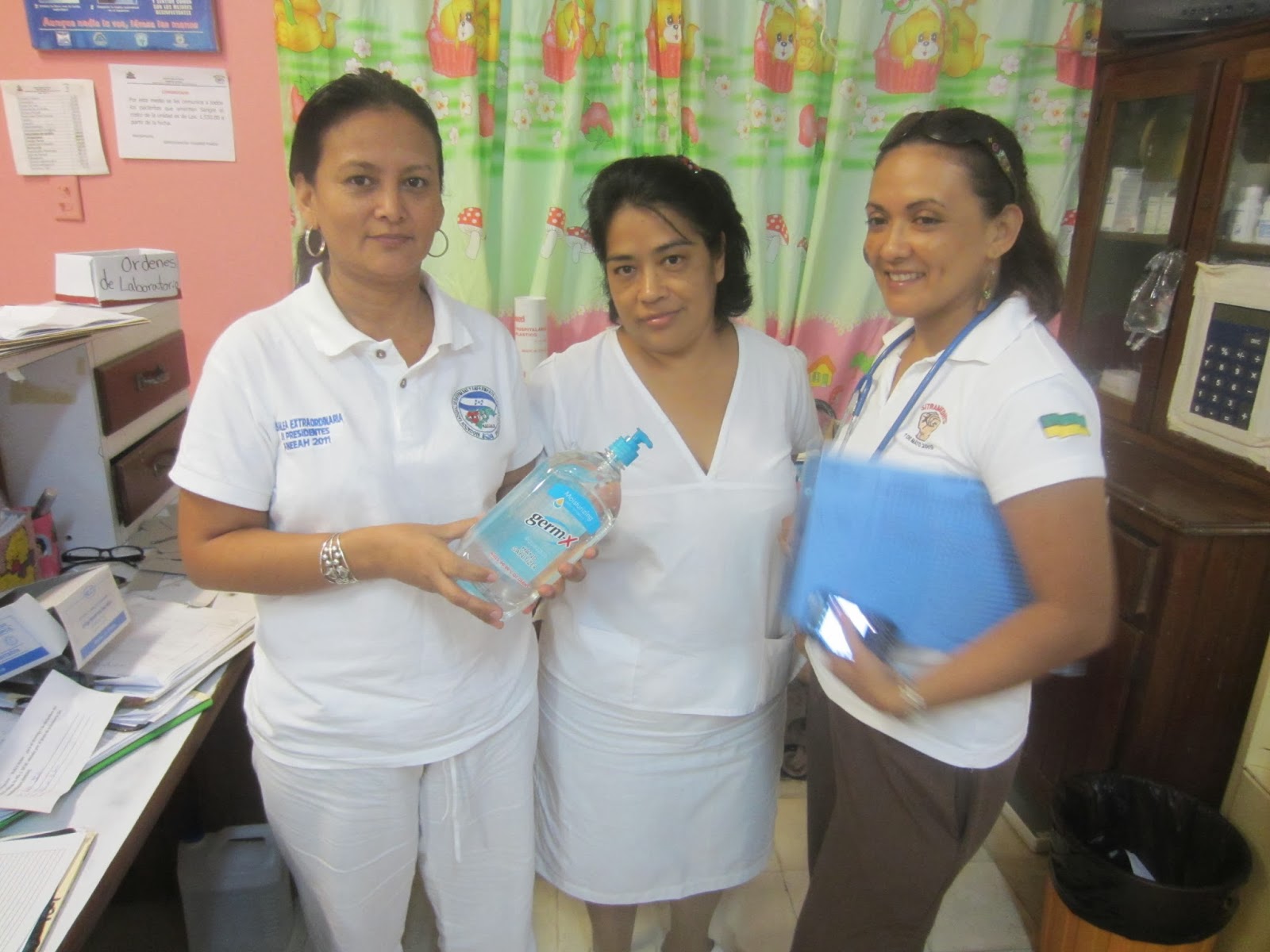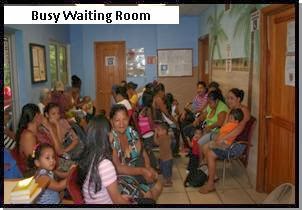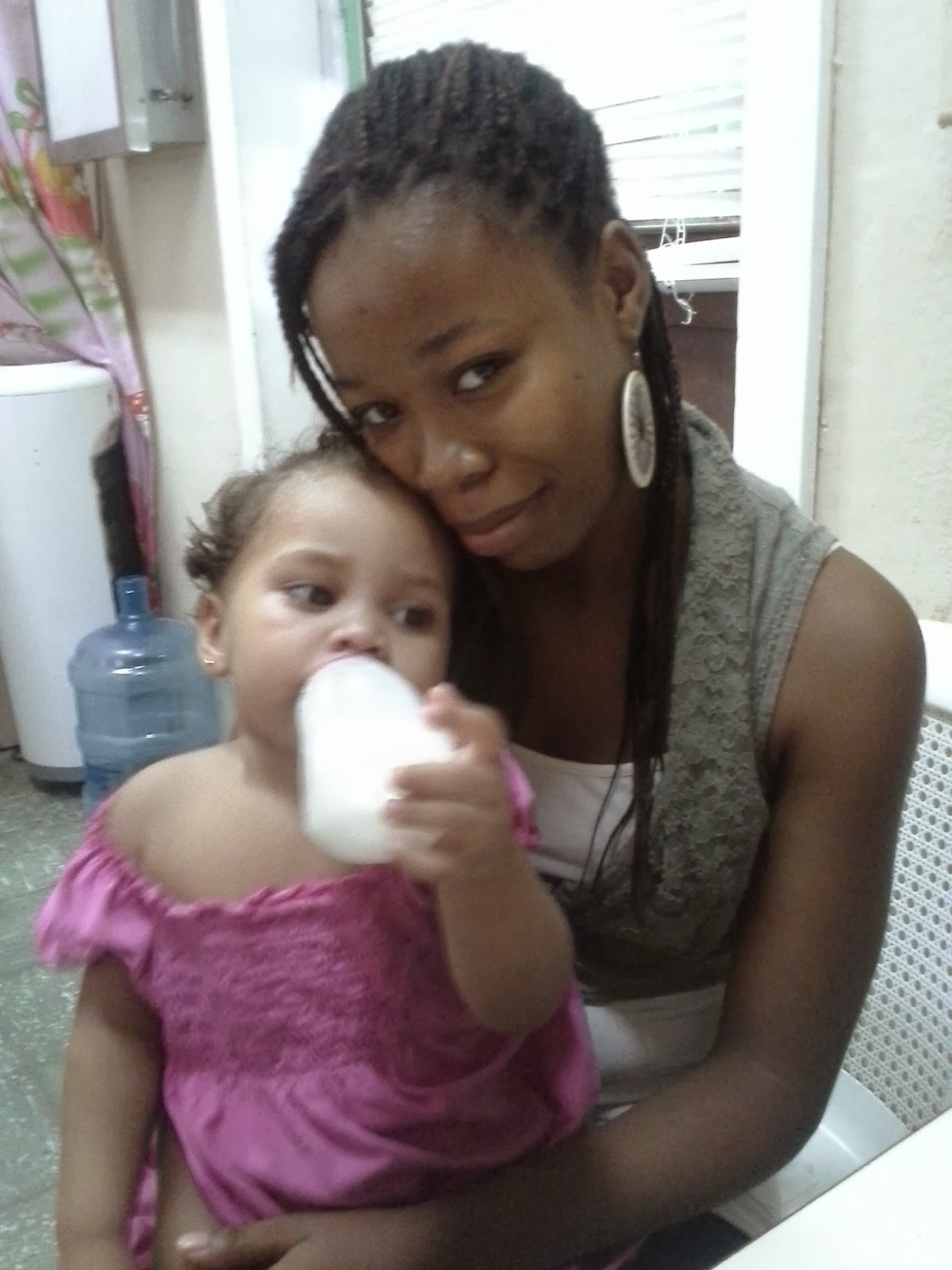"Nunca perder la dulzera de su carácter"
Never lose the sweetness of your character.
I have made a point to closely shadow the nurses who I have been working with for the last three months. I have watched procedures with them (and helped with some!), watched them interact with patients of all ages, chatted with them about all sorts of things, and asked them for advice as a future nurse.
This Saturday, after over three months of living and working in Roatán, I am heading back to the States. I feel more ready than every to go to nursing school, and I'm excited to say that I'll be starting my classes for my nursing degree at Regis University in May. There have been some very hard, frustrating days. But this advice from my friend will always stick with me. I have also had so many good experiences and learned so much. I am so grateful for all of the amazing people who helped me get here and who I have met during my time here. It's been a great 14 weeks!









































